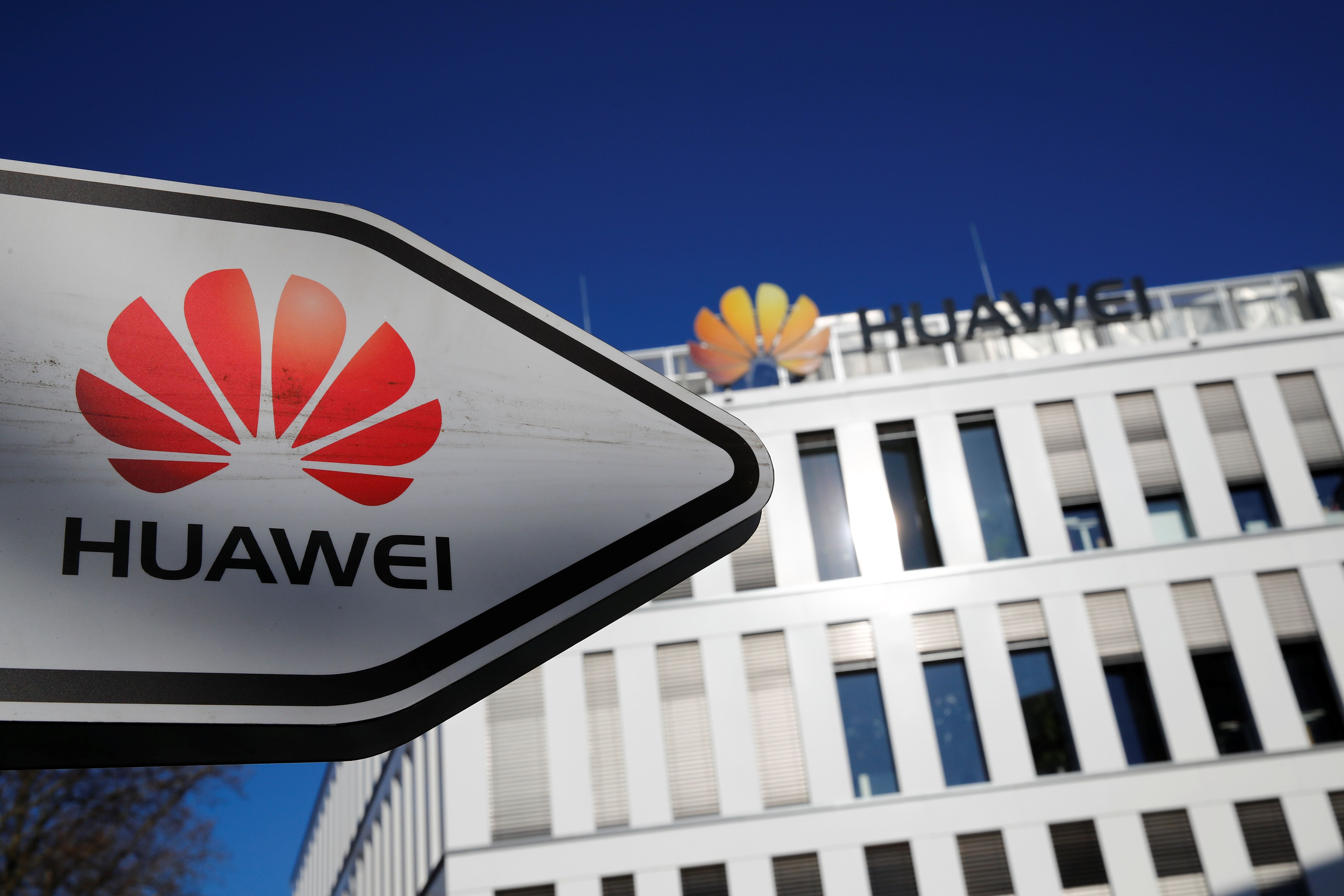Speaking of trans-Atlantic rifts, we've written previously about the US pushback against Huawei, arguably the world's most geopolitically significant technology company. The Trump administration has been trying to convinceits European allies to ban the Chinese tech giant from their next-generation 5G information networks, citing national security risks. Last week, Secretary of State Mike Pompeo even warned of consequences for countries that don't toe Washington's line on the issue.
Nevertheless, the US anti-Huawei push appears to be faltering. On Tuesday, The Wall Street Journal reported that Germany was leaning towards allowing the Chinese group to play some role in its 5G network plans. And over the weekend, The Financial Times said the UK government thinks the security risks of using Huawei gear are manageable.
So, why are US allies reluctant to ban Huawei? There are a few factors at play:
Shifting US arguments: At first, the US warned that the Chinese government could use Huawei equipment to spy on Western governments or sabotage their critical infrastructure. But skeptics counter that there's no evidence China has ever used Huawei for espionage and that critical infrastructure is already vulnerable in many other ways. So the US shifted its argument to focus on accusations that Huawei has stolen other firms' intellectual property while also making a broader argument that partnering with tech companies subject to influence by authoritarian governments is just a bad idea. That may be, but these shifting arguments from Washington provoke skepticism from allies.
A growing industry counter-narrative: The global mobile telecommunications industry was caught off guard by the US's anti-Huawei campaign. The US has long pressured its own telecom companies to avoid Huawei gear, but many network operators in other countries rely on the firm, and a global campaign against the company wasn't on the policy radar a year ago. Now that businesses are tallying the cost of removing Chinese gear from their networks, they're asking why such a drastic step is necessary. Building new 5G networks without Huawei is certainly possible, but doing so will be more expensive and take longer – adding a significant burden for companies that were already planning one of the most expensive and complex technology projects ever.
Pressure from China: Beijing isn't taking the threat against Huawei lying down. The Chinese government says Washington is just making up excuses to stunt China's rightful technological rise. And if the US and China are making their cases to countries around the world, China has clout: many European countries rely heavily on the company for their existing mobile networks. In regions like Latin America, Africa, and parts of Asia Beijing has leverage with governments that rely increasingly on Chinese firms for trade, investment, and infrastructure.
Put it all together, and it's easy to see why some European countries might prefer a subtler approach – let Huawei into their networks, but under close scrutiny. So far there are no signs that the US is willing to back down from its hardline stance. If big European economies refuse to bend to the US pressure, it could erode the transatlantic relationship even further.
